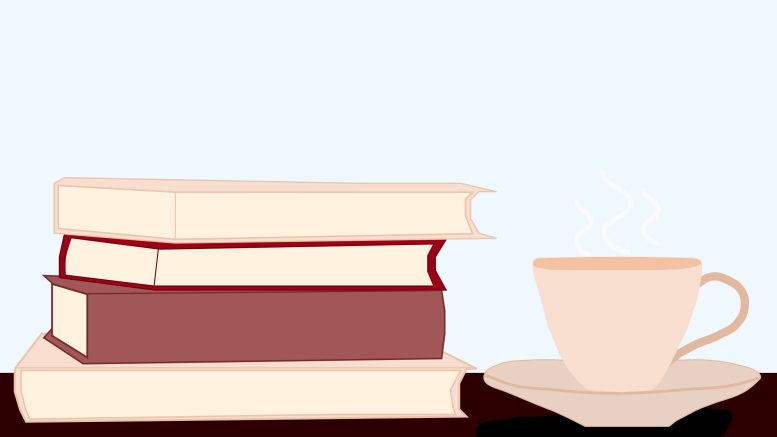Before I began university, I was an avid reader. I took pride in being able to lose myself in a book and come to find hours had passed. But slowly, through my academic career, reading a book felt like pulling teeth.
And I am not alone. Time and time again, I share my experience from book champ to book slump and find fellow reading veterans who just do not have the drive, the time or the focus to read for fun like they used to. So much of our time is taken up with academic reading, it leaves little time and energy for leisure reading.
I don’t think it is any coincidence that I have lost my drive for reading and personally experienced academic burnout within the past two years.
Academic burnout is characterized by emotional, physical and mental fatigue from long-term academic commitments. A study published in the journal BMC Medical Education found that more than half of their student participants experienced varying degrees of academic burnout.
Symptoms of academic burnout include insomnia, headaches, a lack of creativity or motivation and feeling disinterested and abandoning activities that once brought joy.
Leisure reading, once a source of joy and relaxation, often becomes a casualty of burnout. This loss of joy is stacked on top of other burnout symptoms, such as stress and lack of time. Reading slumps further isolate students from the benefits of leisure reading.
Recreational reading offers a wealth of benefits, from stress reduction to improved focus and working memory. This makes a burnout-induced reading slump a frustrating catch-22. Students trapped in cycles of burnout miss out on these advantages, further diminishing their mental and emotional well-being, and making it more difficult to indulge in a beneficial leisure reading routine.
Neglecting such activities deprives students of opportunities to recharge and develop skills beneficial in both academic and professional settings.
Recovering from academic burnout requires intentional changes. And unfortunately, they are as predictable as you’d expect. Try getting outside, enjoying physical activity and social time with friends. Additionally, scheduling leisure activities, like reading, can help reverse the effects of burnout. Reintegrating reading into daily routines, even for a few minutes, can provide stress relief and rekindle the joy of books.
Ultimately, addressing burnout is about reclaiming balance. Even small changes can have profound impacts. Now — to pick a good book.



